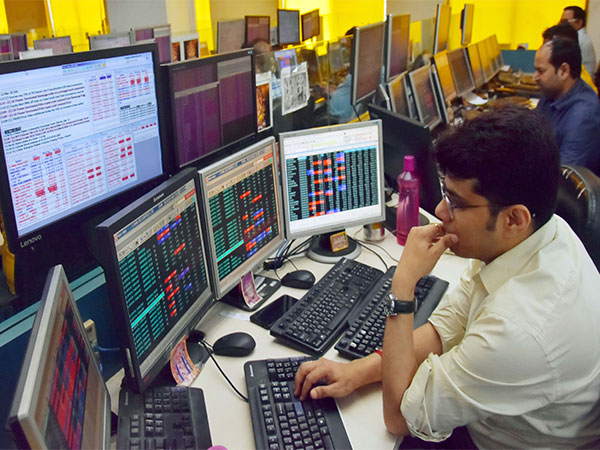The Indian domestic markets have recently experienced a period of volatility, reacting to both global economic changes and fluctuations in local indicators, as reported by the Union Bank of India. Bond yields have shifted slightly, with the 10-year government bond yield softening to 6.82 per cent and the 5-year bond yield holding steady at 6.76 per cent. This change in bond yields reflects cautious investor sentiment amidst uncertain global conditions. Additionally, the Indian rupee faced significant depreciation against the US dollar, ending the day at Rs84.3725. This decline was attributed to capital outflows and pressure on the currency as investors sought safer assets abroad.
The Indian stock market also experienced a sharp downturn, falling by over 1 per cent and erasing gains from the previous rally. This decline was driven by renewed volatility following the recent US presidential election results, which brought fresh uncertainty to global markets. Experts believe that political shifts and upcoming central bank decisions have contributed to an atmosphere of caution in Indian equities. On the commodities front, Brent crude prices trended downward while gold prices saw a slight increase as investors turned to safe-haven assets amidst rising market unpredictability.
In global economic news, the Bank of England (BoE) announced a 25 basis-point cut to its key interest rate, bringing it down to 4.75 per cent in efforts to control inflation. The US Federal Reserve also announced a similar rate cut, signaling optimism about the economy’s recovery trajectory. In Asia, the People’s Bank of China (PBoC) maintained a supportive stance with a commitment to growth-boosting policies and improvements in communication with financial markets.
Meanwhile, German industrial production recorded a 2.5 per cent decline in September, signaling a slowdown in the country’s manufacturing sector. In the euro area, retail sales increased by 0.5 per cent in September compared to August, reflecting a cautious but positive outlook on consumer spending. Globally, 2024 is projected to be the warmest year on record, according to the European Union’s Climate Change Service agency.
On the domestic front, BVR Subrahmanyam, CEO of Niti Aayog, discussed India’s potential in joining key global trade agreements such as the Regional Comprehensive Economic Partnership (RCEP) and the Comprehensive and Progressive Agreement for Trans-Pacific Partnership (CPTPP). Subrahmanyam highlighted the benefits of these partnerships for India’s Micro, Small & Medium Enterprises (MSME) sector, which currently accounts for 40 per cent of the country’s exports. The upcoming UN COP29 climate summit in Azerbaijan is expected to see negotiations for increased funding for climate initiatives, although tempered expectations follow the recent US election outcome.










